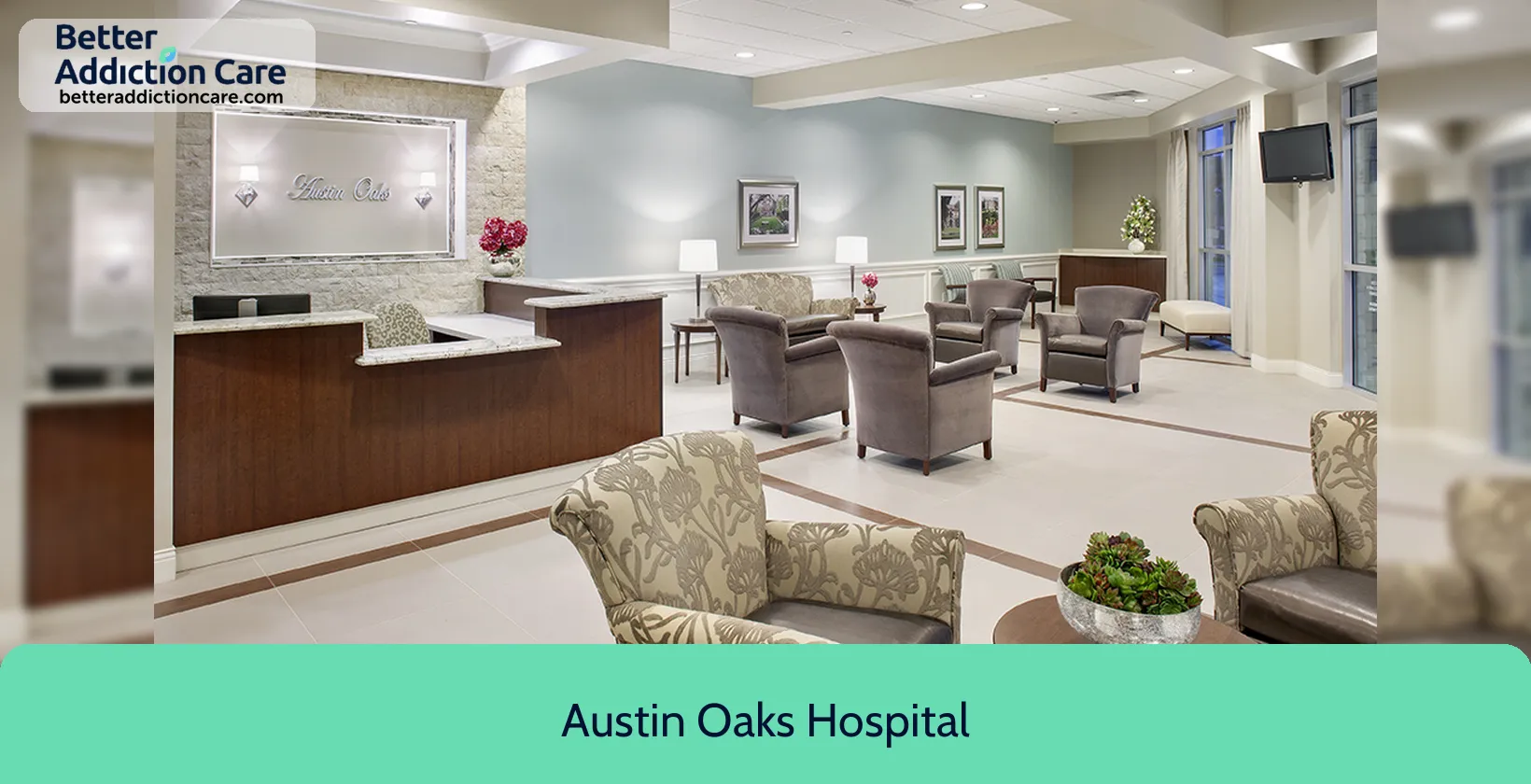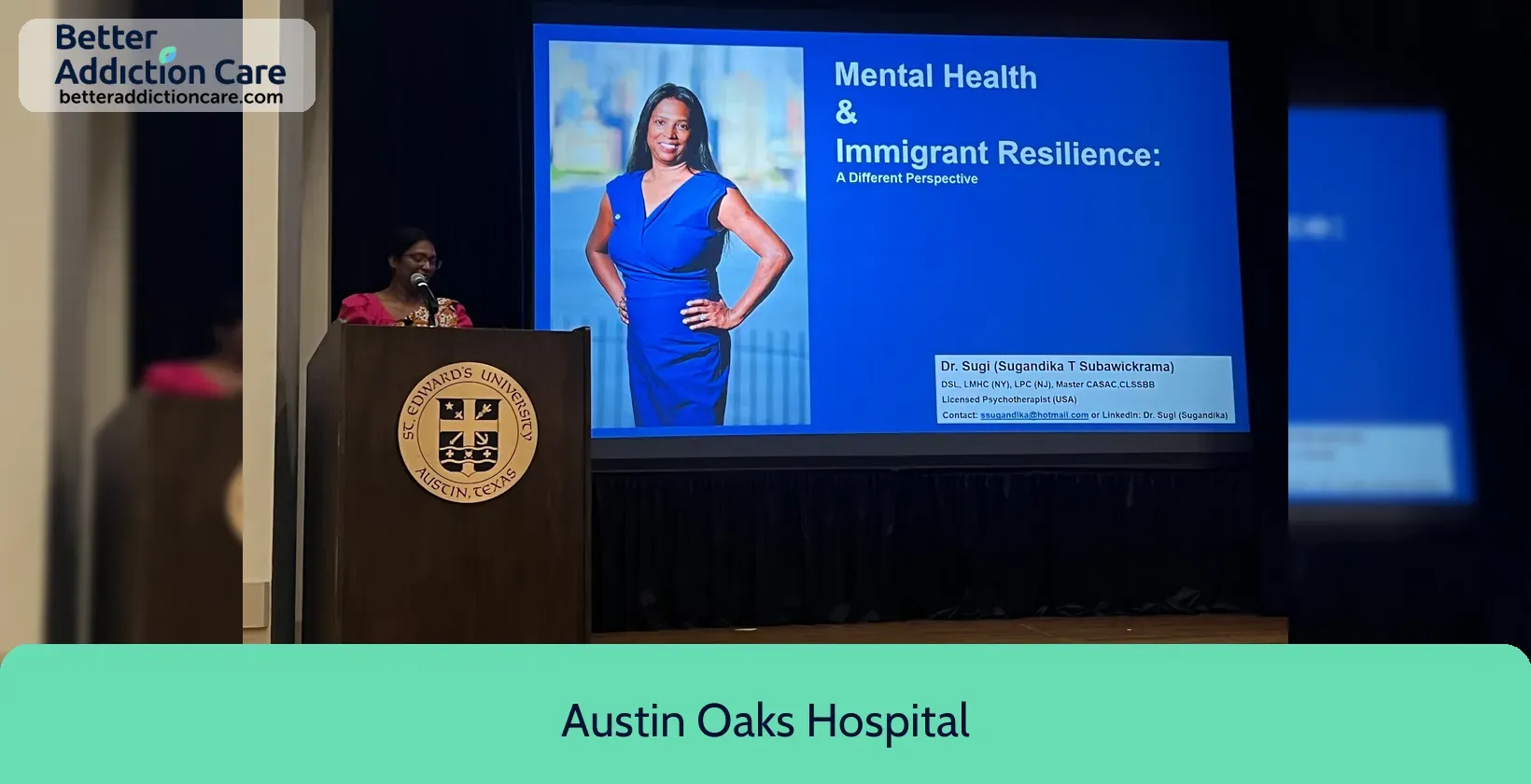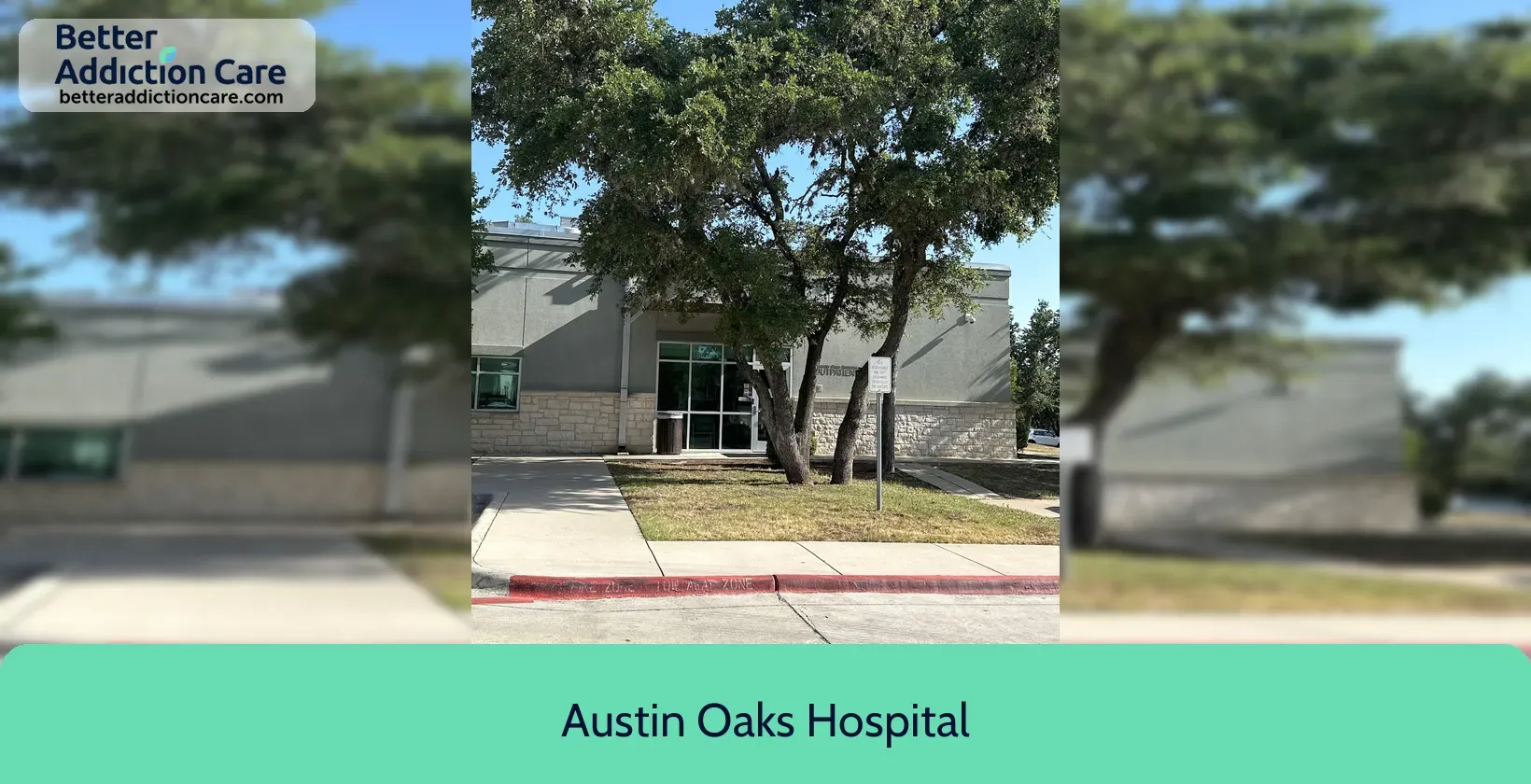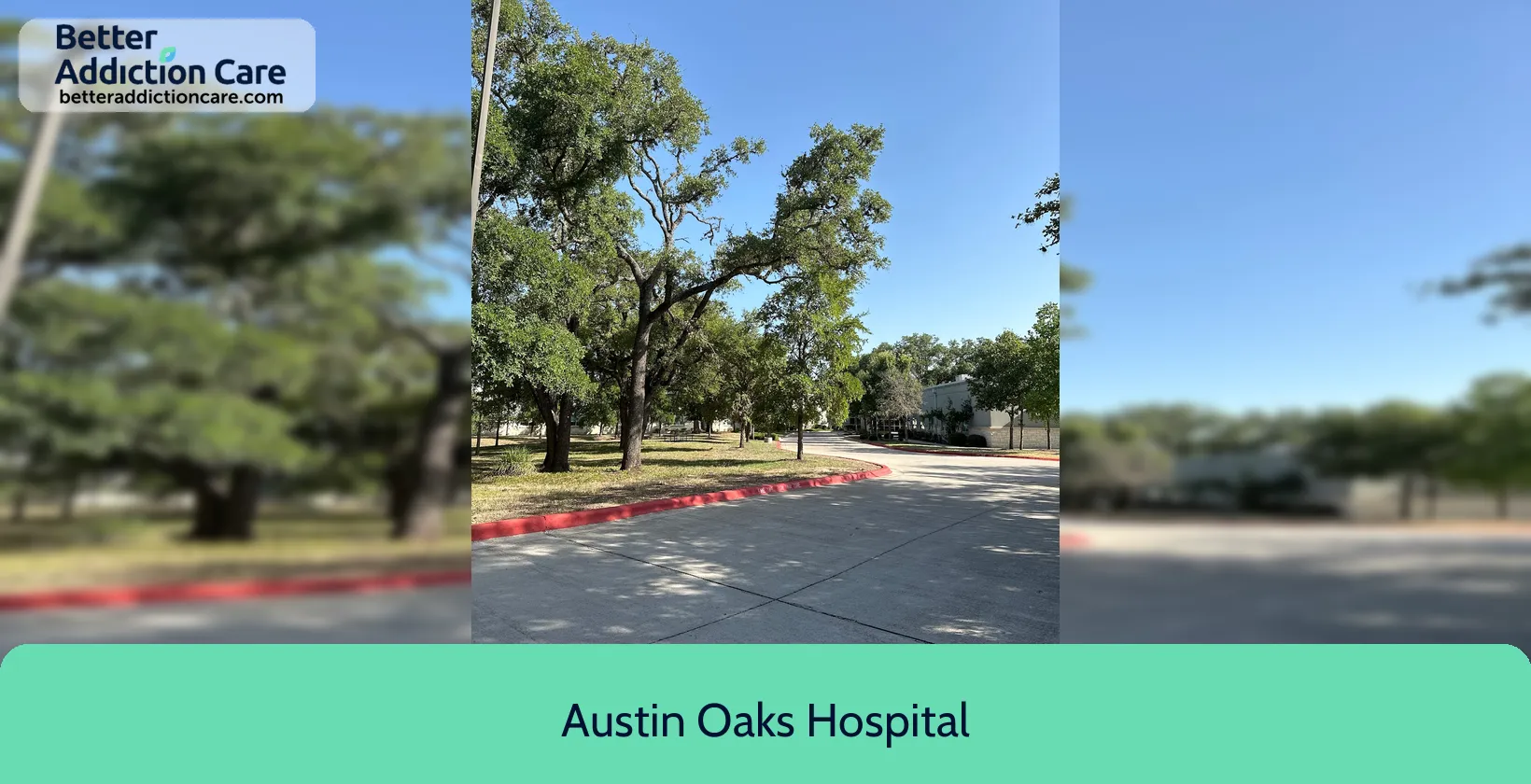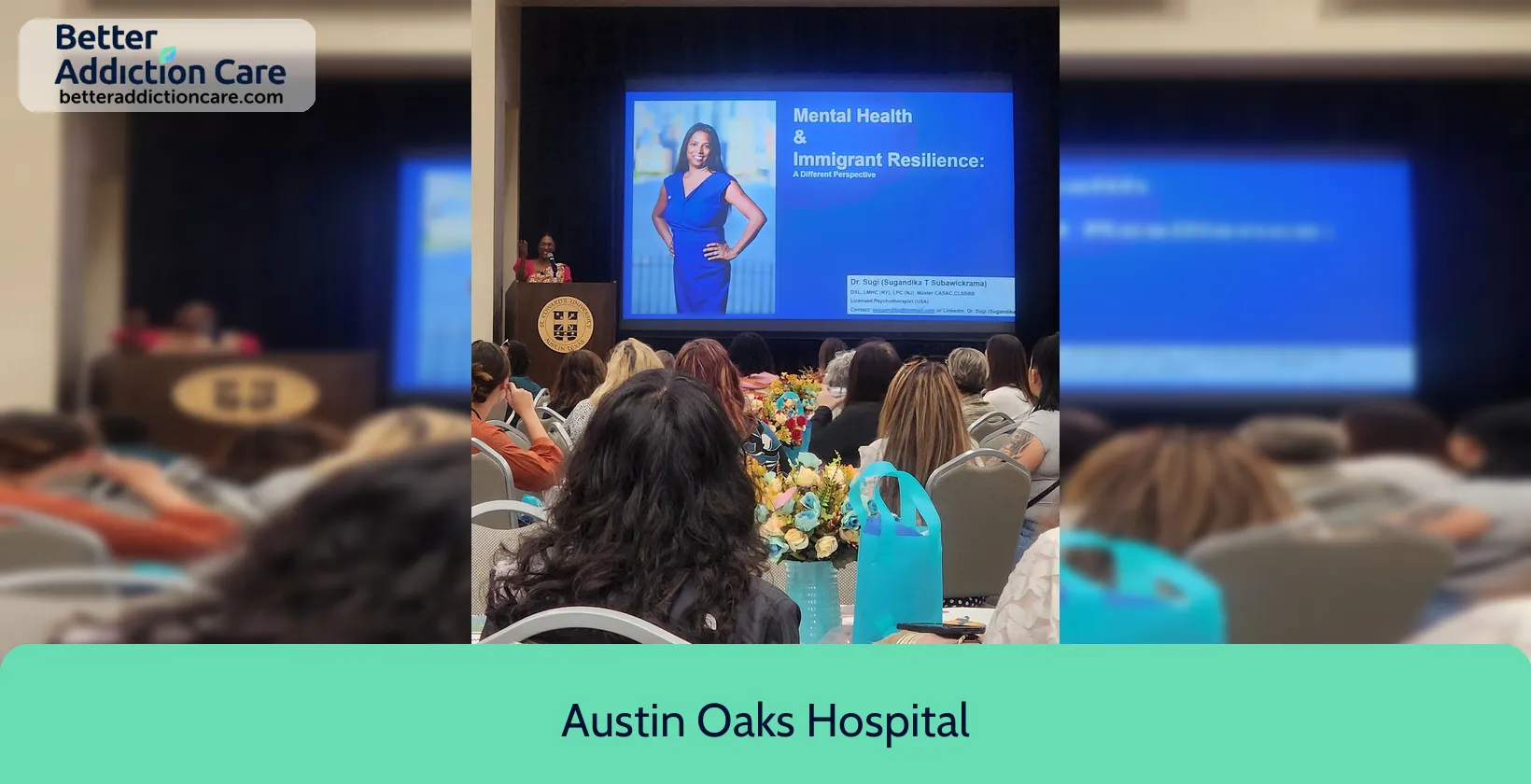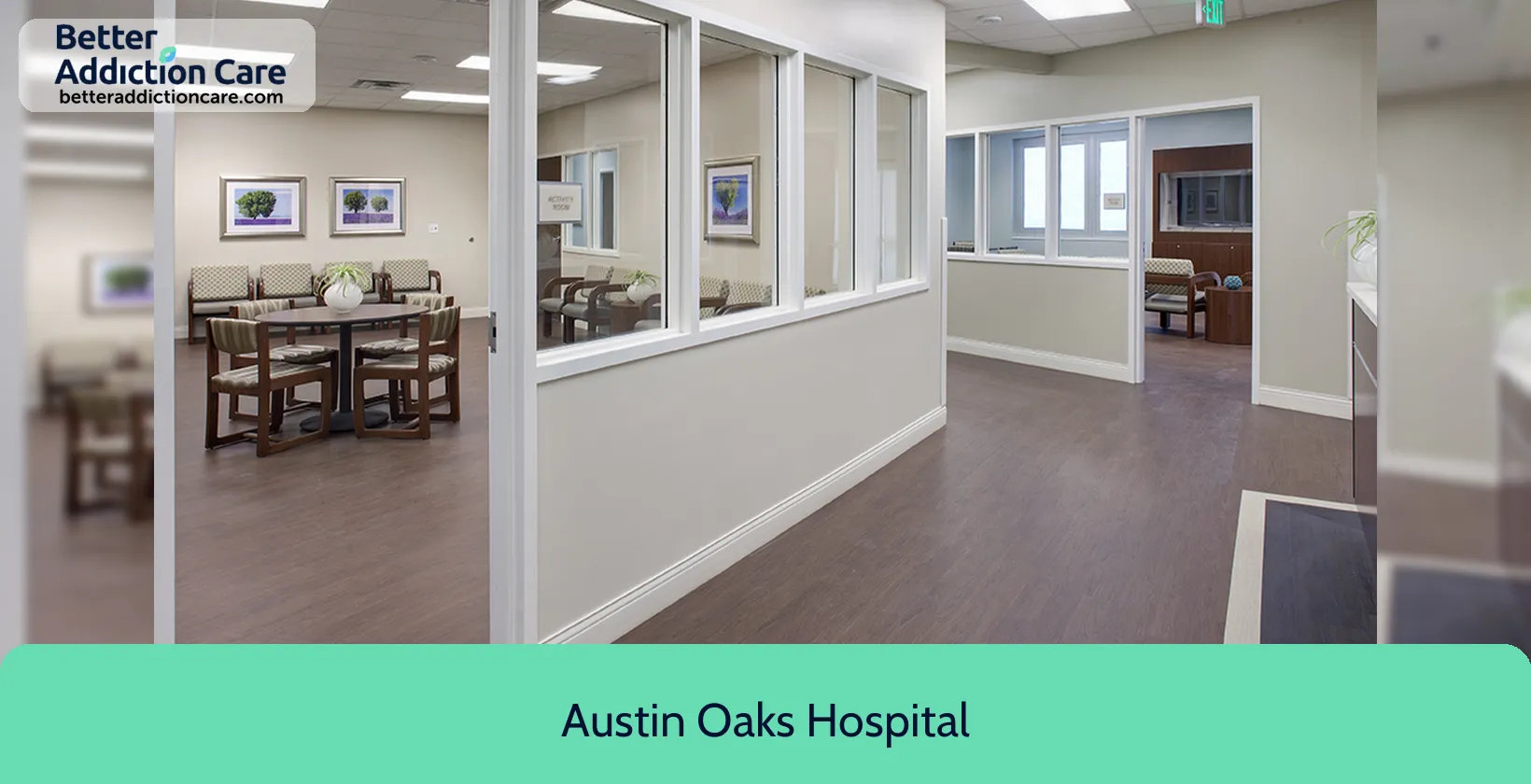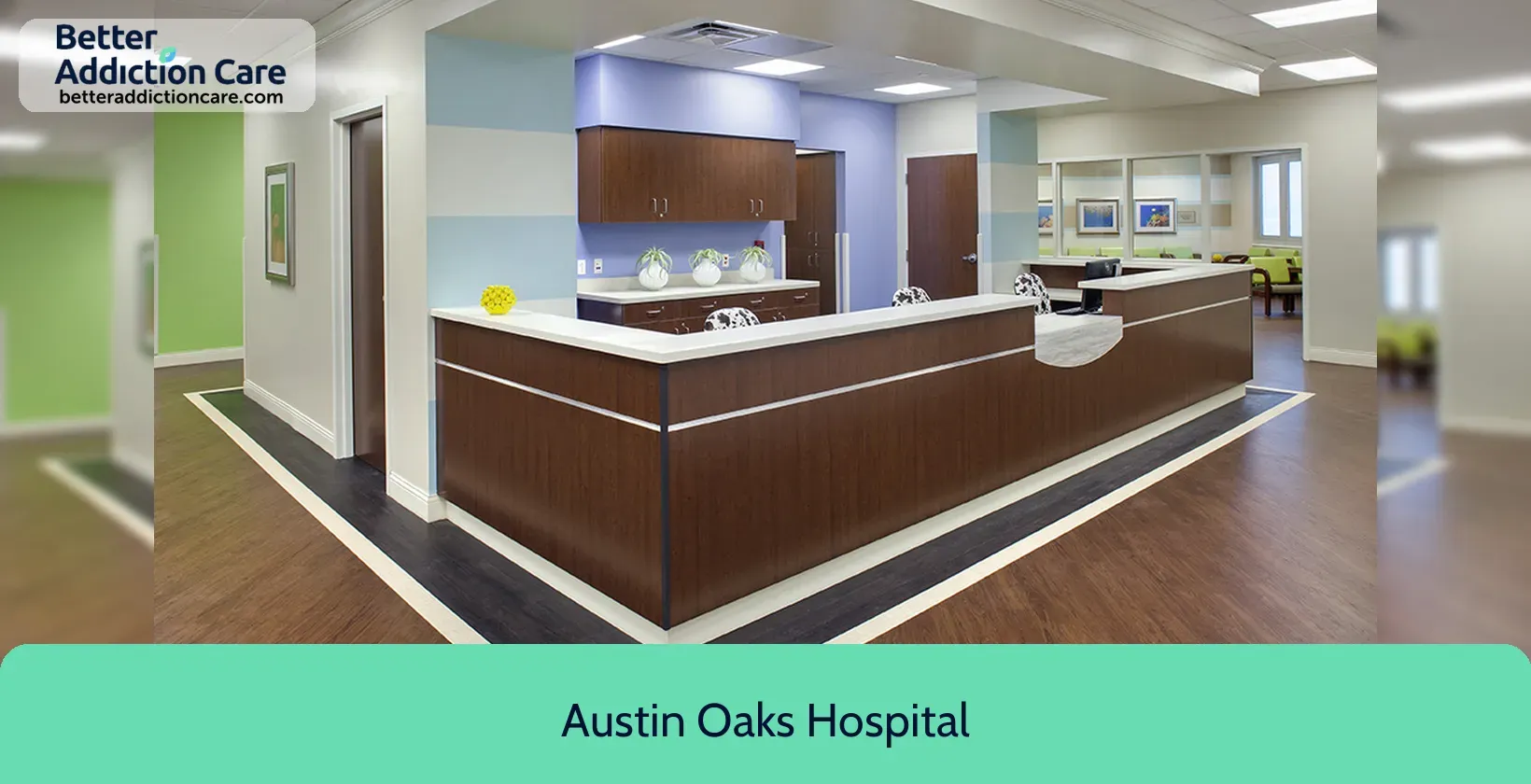Overview
Austin Oaks Hospital is an mental health treatment center that provides inpatient treatment for men from 18+ years of age. As part of their special programs, Austin Oaks Hospital treats clients with co-occurring mental and substance use disorders, veterans, and active duty military. To help patients achieve sobriety, Austin Oaks Hospital provides intake assessments. Afterward, patients receive couples/family therapy, group counseling, and cognitive behavioral therapy during treatment. Austin Oaks Hospital is located in Austin, Texas, providing treatment for people in Travis County, accepting cash or self-payment, medicaid, and medicare.
Austin Oaks Hospital at a Glance
Payment Options
- Cash or self-payment
- Medicaid
- Medicare
- Private health insurance
- Federal military insurance (e.g., TRICARE)
Assessments
- Screening for tobacco use
- Comprehensive mental health assessment
- Comprehensive substance use assessment
Age Groups
- Seniors or older adults
- Young adults
- Children/adolescents
- Adults
- Seniors
Ancillary Services
- Case management service
- Diet and exercise counseling
- Illness management and recovery
- Psychosocial rehabilitation services
- Suicide prevention services
Highlights About Austin Oaks Hospital
6.65/10
With an overall rating of 6.65/10, this facility has following balanced range of services. Alcohol Rehabilitation: 8.00/10, Drug Rehab and Detox: 6.00/10, Insurance and Payments: 6.00/10, Treatment Options: 6.61/10.-
Alcohol Rehabilitation 8.00
-
Treatment Options 6.61
-
Drug Rehab and Detox 6.00
-
Insurance and Payments 6.00
Treatment At Austin Oaks Hospital
Treatment Conditions
- Mental health treatment
- Alcoholism
- Substance use treatment
- Co-occurring Disorders
Care Levels
- Hospital inpatient/24-hour hospital inpatient
- Partial Hospitalization Program
Treatment Modalities
- Couples/family therapy
- Group counseling
- Cognitive behavioral therapy
- Activity therapy
- Telemedicine/telehealth therapy
Ancillary Services
Languages
- Sign language services for the deaf and hard of hearing
- Spanish
Special Programs
- Clients with co-occurring mental and substance use disorders
- Veterans
- Active duty military
- Members of military families
- Clients with HIV or AIDS
Get Help Now
Common Questions About Austin Oaks Hospital
Contact Information
Other Facilities in Austin

6.99

7.24

7.75

7.71
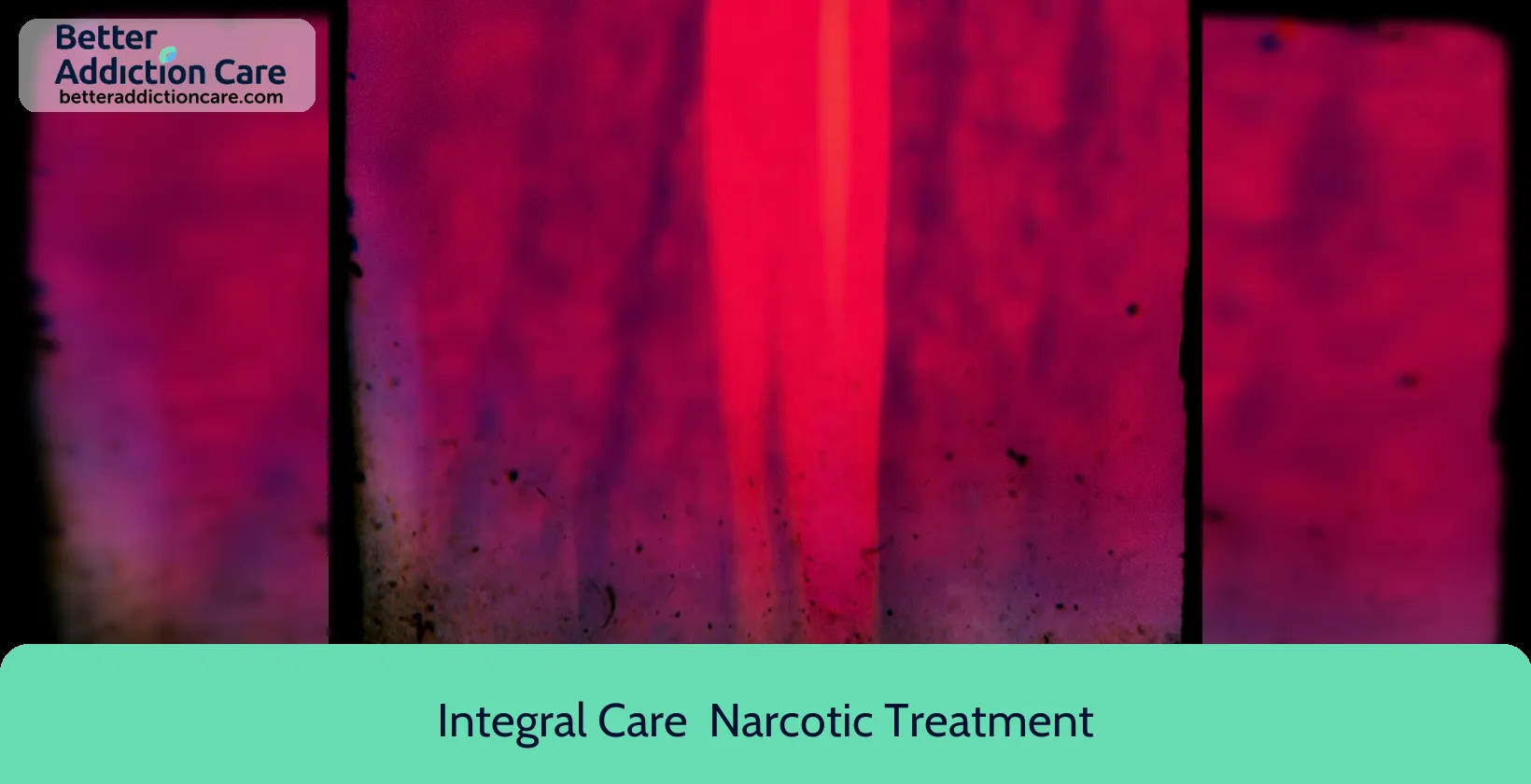
7.17
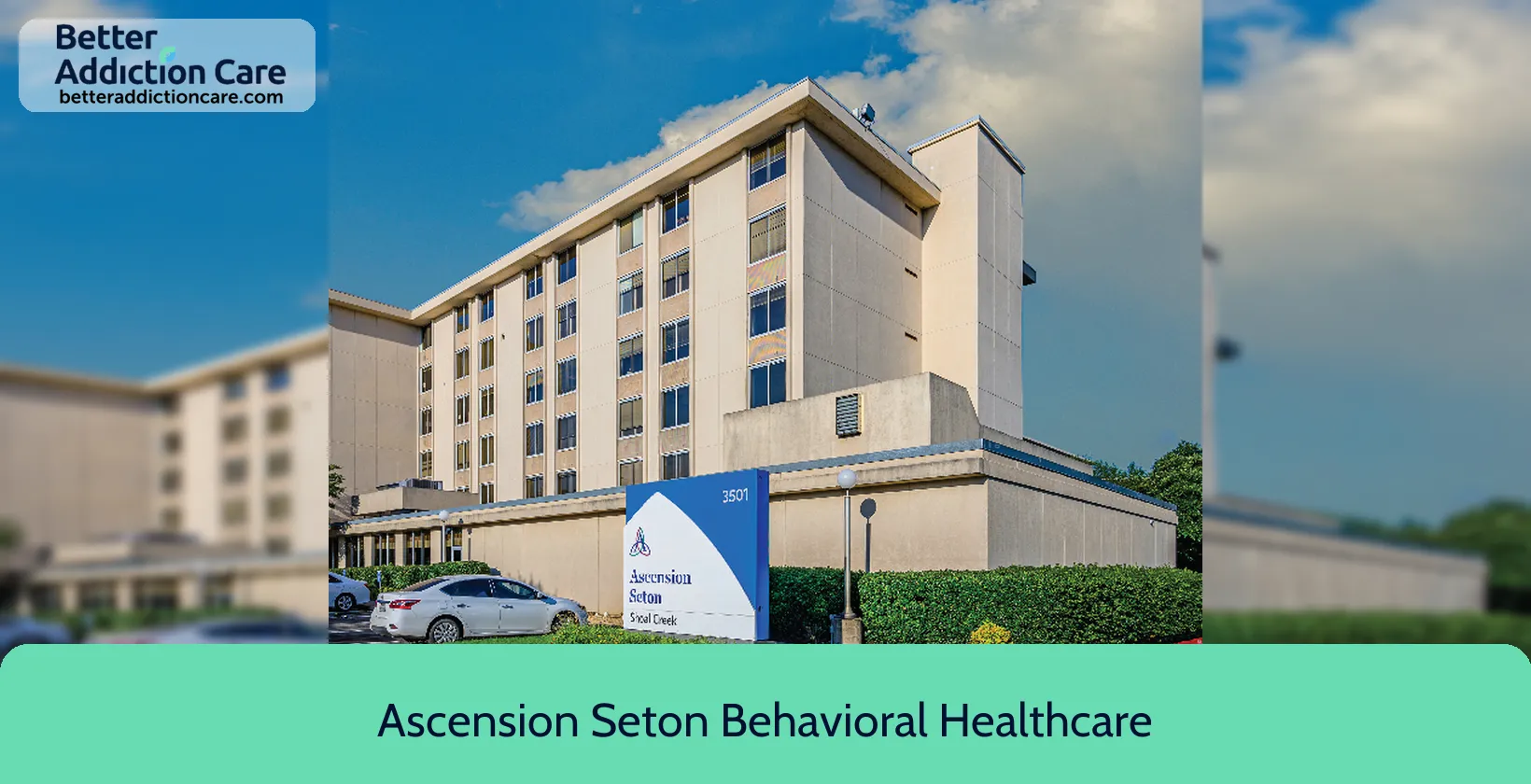
6.65
_8229_Shoal_Creek_1.webp)
7.36
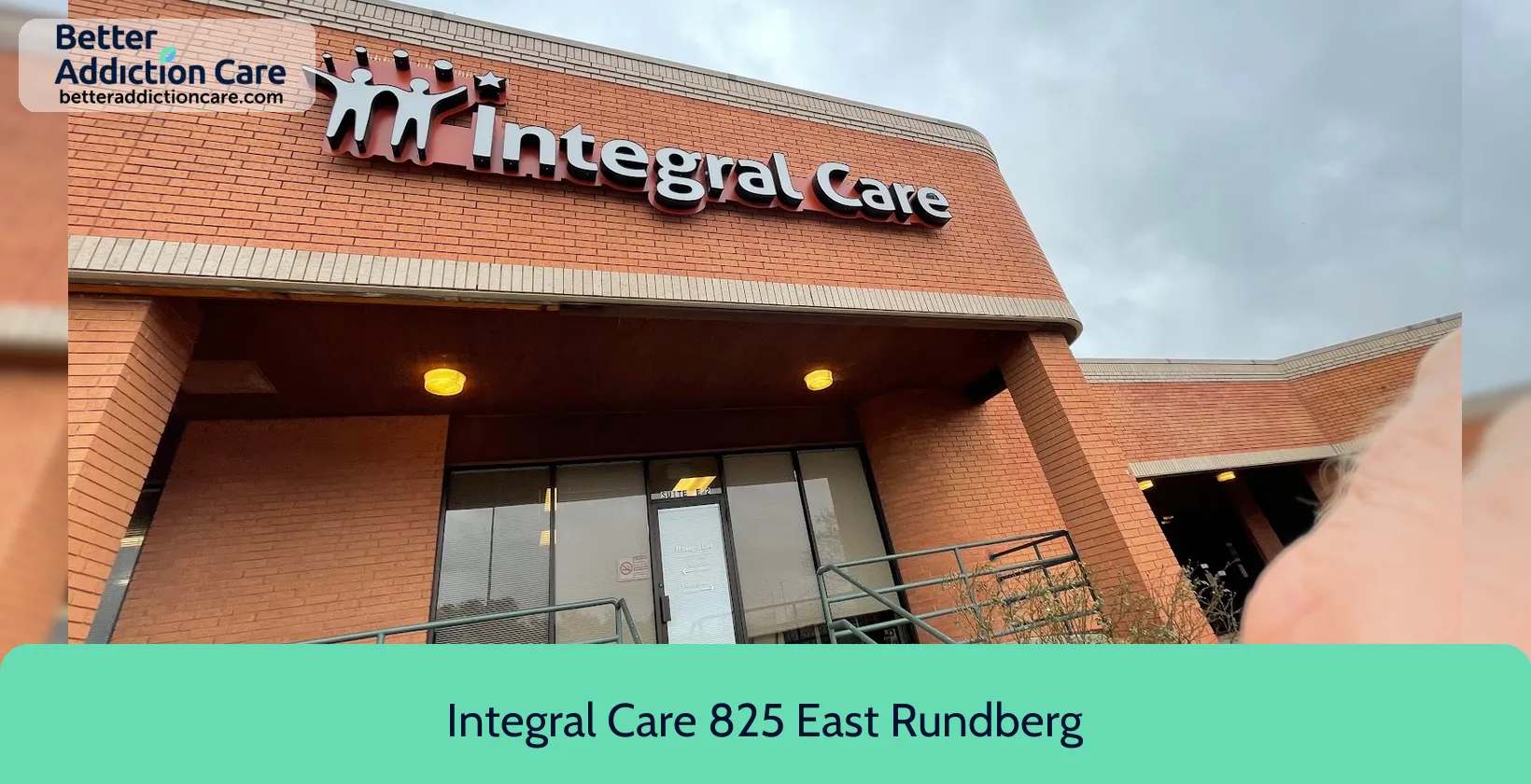
6.62
DISCLAIMER: The facility name, logo and brand are the property and registered trademarks of Integral Care 825 East Rundberg Lane, and are being used for identification and informational purposes only. Use of these names, logos and brands shall not imply endorsement. BetterAddictionCare.com is not affiliated with or sponsored by Integral Care 825 East Rundberg Lane.
